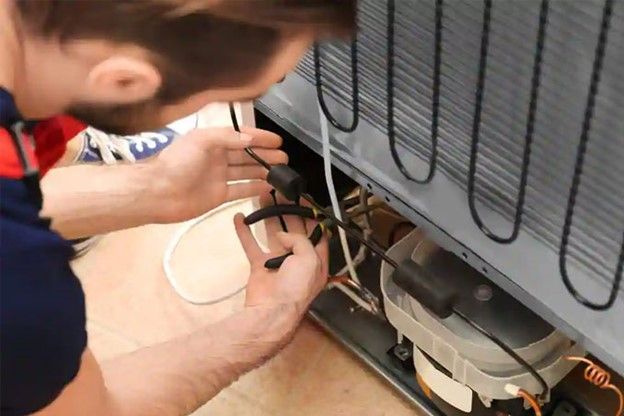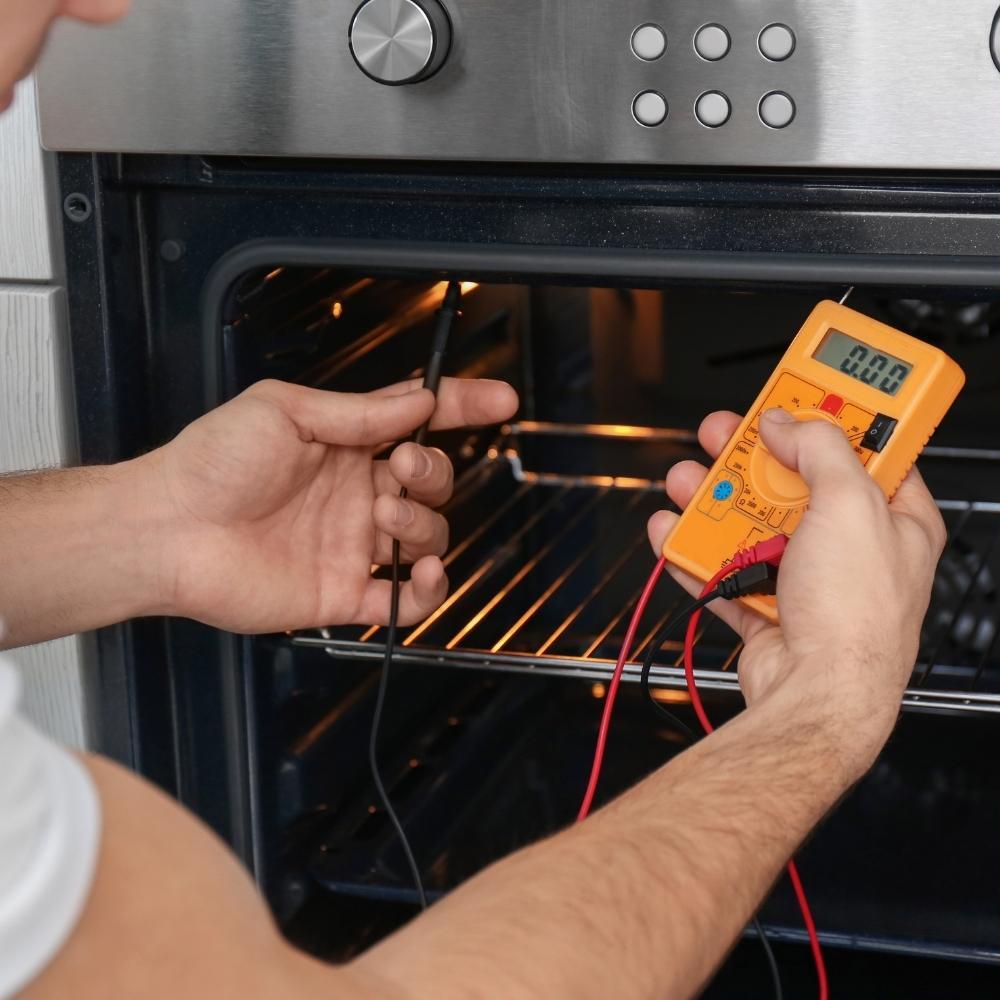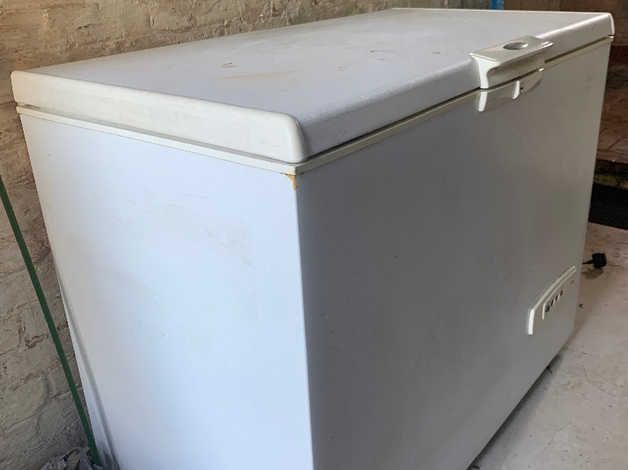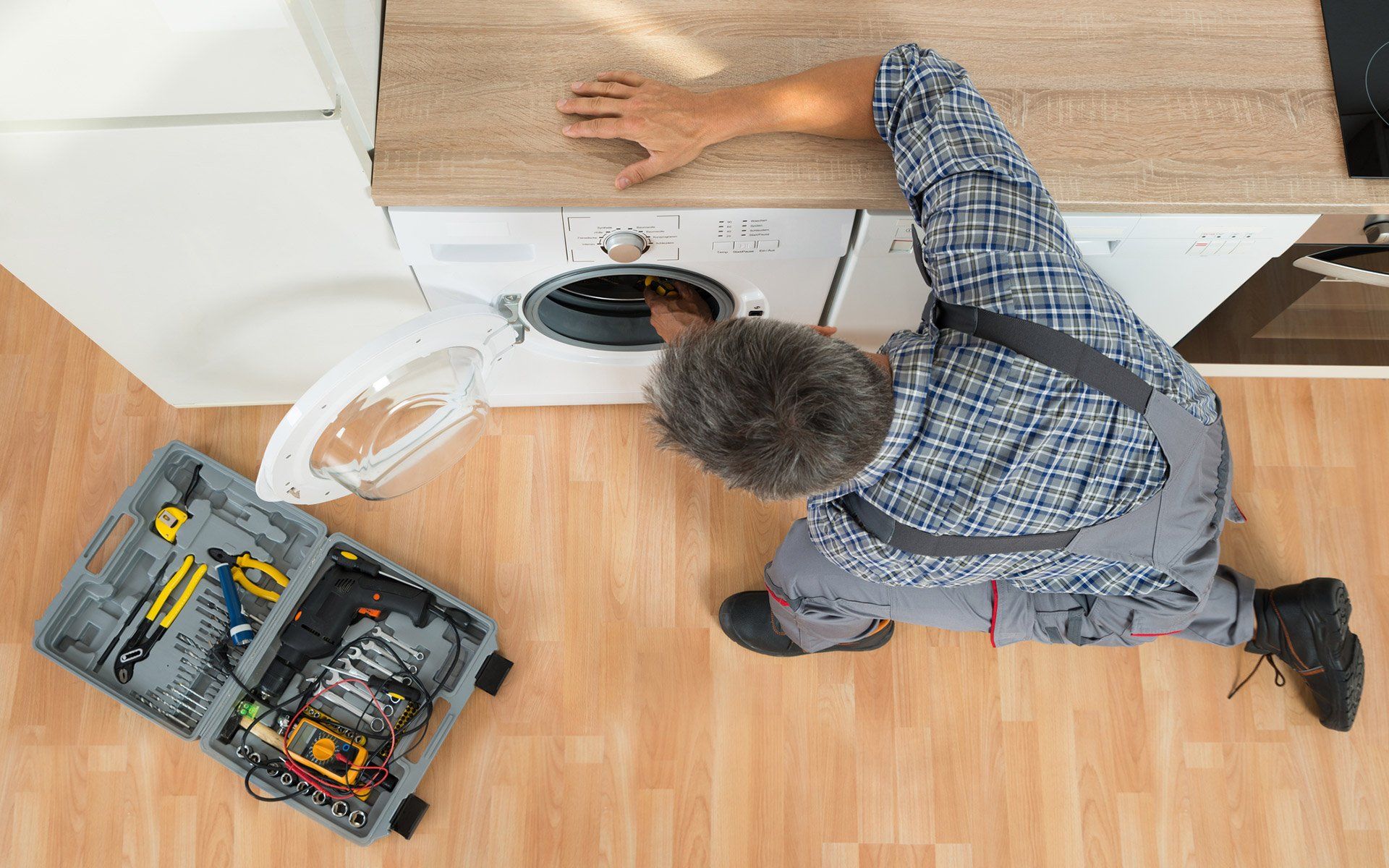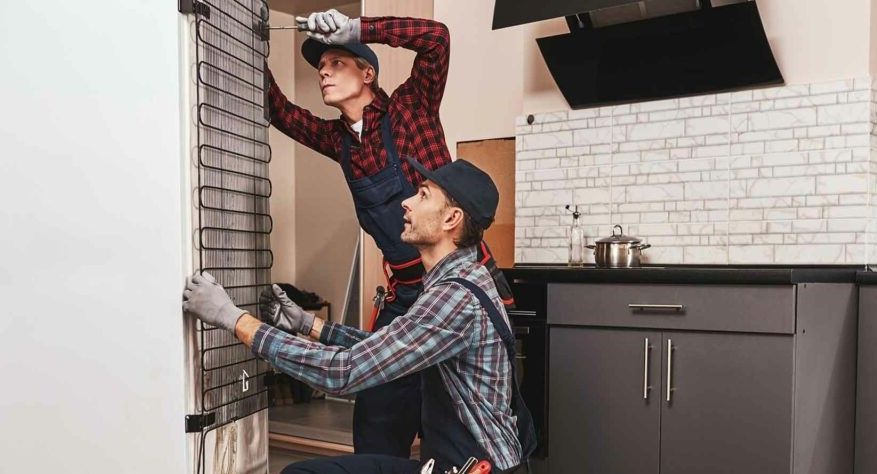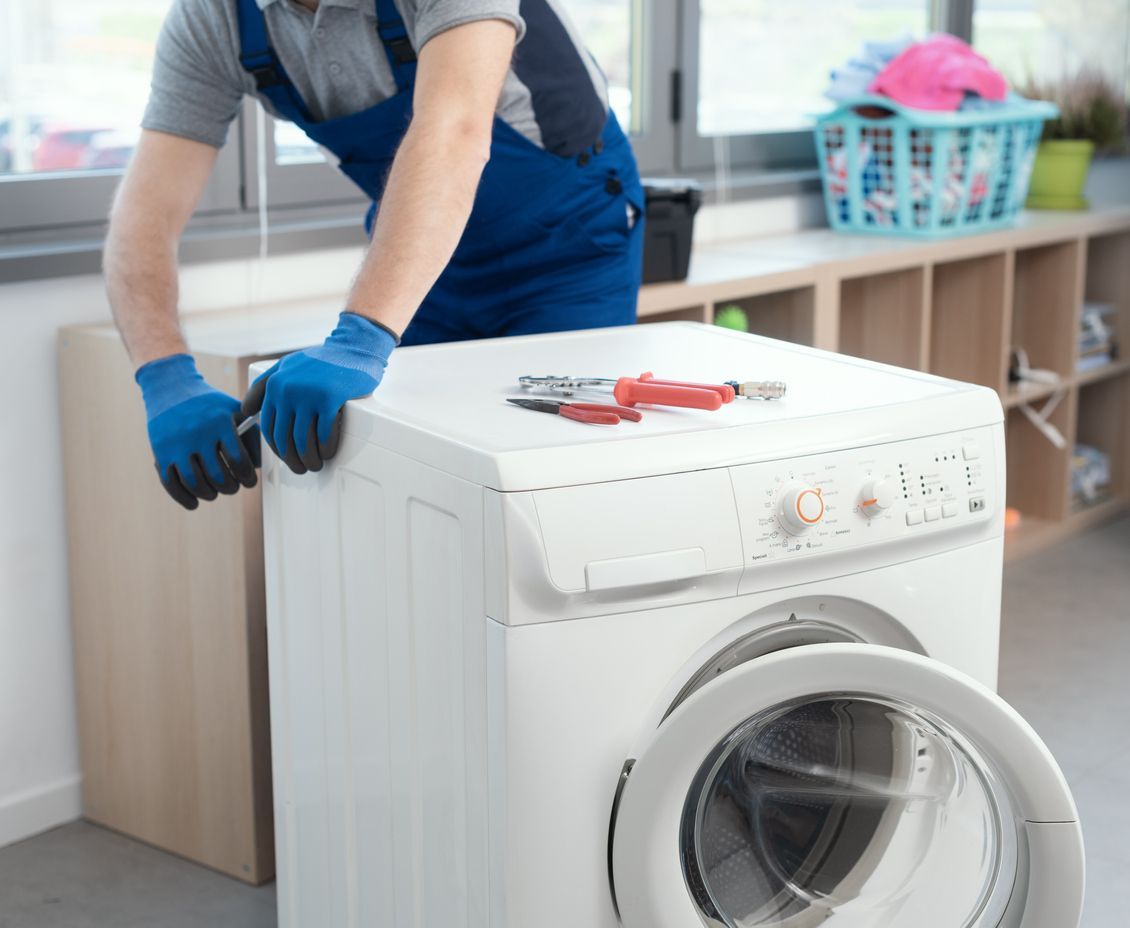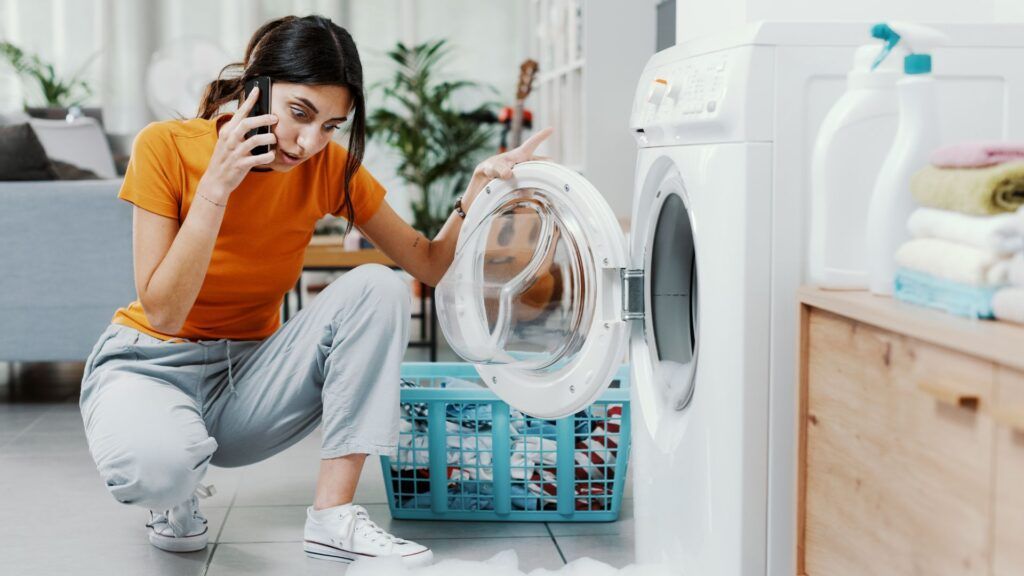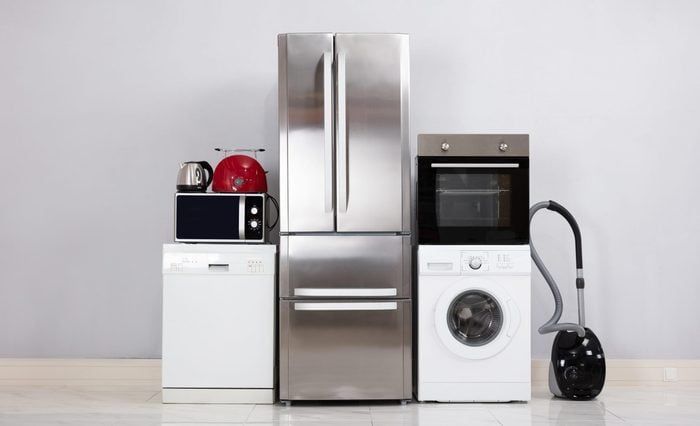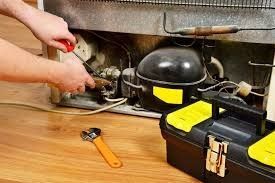How to Repair Frigidaire Washer
Laundry can be very unpredictable; even a slightly malfunctioning washer can spoil the whole day's plans.
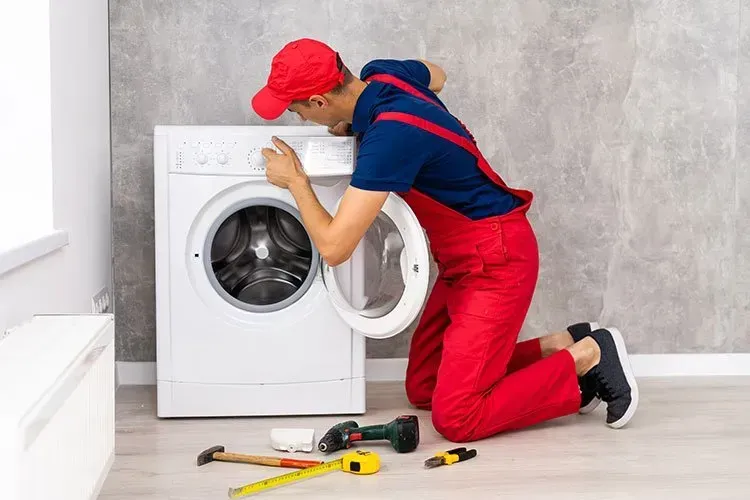
Frigidaire washing machines focus on efficiency, strength, and accessibility. But just like anything else in this world, it does run into problems now and then. The good thing is, with some minor repairs, you may not even have to call your technician!
In this guide, we will be discussing the most commonly encountered Frigidaire washer problems with possible solutions. We'll cover everything from the washer not draining or spinning properly to strange sounds and error codes. So, let's get cracking!
Must-Have Tools for Frigidaire Washer Repairs
Gather all tools required for trouble-free and safe Frigidaire washer repair service. Gathering all tools aids in rapid diagnosis and prevents incidental damage.
Basic Tools you’ll need:
● Screwdrivers (both Phillips and flathead)
● Nut driver or socket wrench set
● Multimeter (for checking electrical continuity)
● Pliers (needle-nose and slip-joint)
● Flashlight or LED work light
● Bucket or towels (for catching excess water)
● Replacement parts (specific to the issue you're tackling)
Troubleshooting Common Frigidaire Washer Problems
Frigidaire washers are reliable, but like any other appliances, they can develop problems afterward. Here is an overview of identifying and fixing some common problems.
1. Washer Not Draining
When the washer does not drain, inspect for visible barriers and remove anything from the pump that should not be there—superficial lint, loose coins, or clothing fibers. If the pump is making an abnormal noise or is unable to pump, it must be replaced. Another reason for drainage failure on some models is a dirty drain filter; clean it first.
2. Washer Won't Start
If the washer is not starting, there could be an issue with the power supply, the door is not latched properly, or the breaker has tripped. Check for proper plugging into the wall socket and circuit breaker functionality. A faulty door lock prevents the washer from starting a cycle. The control board or cycle timer must be replaced if everything looks okay.
3. Washer Not Spinning
A washer that does not spin usually leaves clothes doused in water and requires troubleshooting. Possible causes may include an imbalanced load, a defective lid switch, or a worn-out drive belt. Try redistributing laundry evenly before restarting the cycle. If it still doesn't spin, check the motor coupler or drive system for damage. Call a professional Frigidaire washer repair service if necessary.
4. Washer Not Filled with Water
The first thing to do when the washer won't fill is check the hot and cold water supply valves so that they're fully open. Clogged inlet hose screens hinder the water flow. If the hoses are clean and water isn't entering, the inlet valve may be faulty. Low household water pressure can also be a factor. Ensure it meets the minimum 20 PSI requirement.

5. Washer Making Loud Noises
If banging or clanking noises are heard during the run cycle, stop the cycle and inspect the drum for small articles, such as coins or buttons. If the washer is leveled but the noise continues, then the trouble could be worn shock absorbers or suspension rods. These cases need an early solution to avoid further damage.
6. Washer Vibrating or Shaking Excessively
Excessive vibrations are possible due to an unbalanced or overloaded wash load. Check if the washer is level on all sides and the laundry is evenly distributed. If it shakes continuously, then inspect suspension parts like springs or dampers for wear. Ignoring these issues can lead to internal damage, requiring professional Frigidaire washer repair service.
7. Washer Won't Agitate
If the washer fills but the agitator fails to turn; this means that it is either the coupler, a motor, or drive belt that could be malfunctioning. These parts age and go out of function with time. The motor may need replacement when humming without turning. A failing transmission usually requires the attention of a professional for inspection and repair.
8. Washer Door Won't Lock or Unlock
If the washer is failing to lock properly, check for debris or dirt present in the latch that may inflict damage on locking mechanisms. In case the latch is unable to unlock, then unplug the unit for a bit; it helps in resetting the system. Ongoing issues may require a latch or switch replacement by a Frigidaire washer repair service.
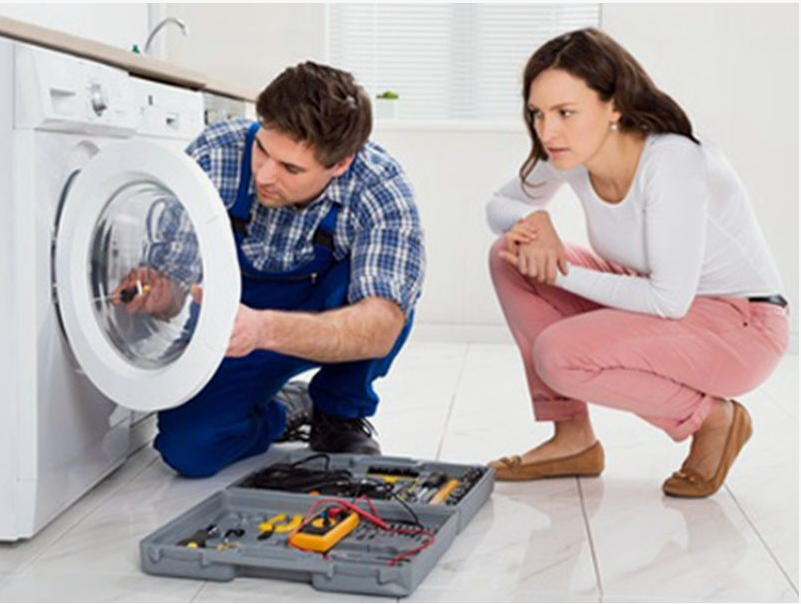
9. Washer Stops Mid-Cycle
In case the washer stops mid-cycle, possibly due to a lid switch malfunction, control board issue, or power outage. Examine your power supply and ensure that the lid is fully closed when in operation. If available, run a diagnostic test. If the issue persists, a damaged control board or timer will likely need replacing.
10. Washer Displaying Error Codes
Frigidaire washers with electronic displays signal errors through error codes for specific types of malfunctions. For instance, "E21" signals drainage issues, while "E11" indicates a water fill time problem. Always check your washer's manual to decode the message and accurately address the issue. If the code remains unresolved, a certified Frigidaire washer repair service can reset or replace faulty parts efficiently.
11. Washer Smells Bad or Molds Easily
Most smells from a washer arise when moisture plus residues of detergent get trapped in it and the ventilation is not adequate. A hot-wash cycle with machine cleaner or vinegar and baking soda combined can eliminate foul odors. Leave the washer door wide open after use to help with airflow. If the smell persists, clean or replace the rubber gasket or drain trap thoroughly.
12. Washer Leaking Water
Leaking occurs due to loose hoses, a cracked drain pump, or worn seals or fittings. Examine the hoses for visible cracks, particularly where they connect to the washer. Check the pump and rubber door gasket to see if water pools underneath the machine. Early replacement of faulty components can prevent leaks and expensive home water damage.
Still Struggling with Your Frigidaire Washer? Let A+ Appliance Repair Handle It!
If all troubleshooting steps have been carried out, and the Frigidaire washing machine is still not cooperating. In that case, it is time to seek well-experienced help.
For over 25 years, A+ Appliance Repair has specialized in diagnosing and repairing Frigidaire’s z a washer problems. We do it fast, we do it thoroughly, and, most importantly, we do it to last. It does not matter if your washer refuses to empty any water, is suddenly leaking water, or is showing error codes: we will get the washer running as new.
Call now to get the most trustworthy and dependable frigidaire washer repair service. Your clean laundry is just one call away!
Testimonials
These folks are the best! My oven stopped heating, and I was worried about the cost. They were quick, explained everything, and even gave me some handy tips. Five stars for sure.
James Faber
Jan 12, 2024
Couldn’t be happier with the service. My dishwasher was leaking, and they fixed it up perfectly. The whole process was smooth, and the tech was really nice. Highly recommend them!!
Jane Wilson
June 30, 2024
Wow, these guys are amazing! My fridge broke down right before a big family dinner, and they saved the day. The tech was super friendly and fixed it in no time. Definitely my go-to for any appliance issues!
Jeremy Johnson
July 10, 2024
Had a great experience with this company. My washing machine was acting up, and they came out the same day I called. The technician knew exactly what to do and got it working again. Super happy with the service.
Michelle Brown
June 25, 2024

